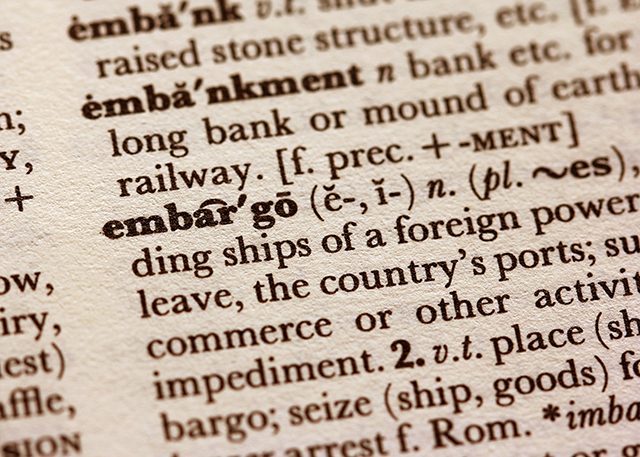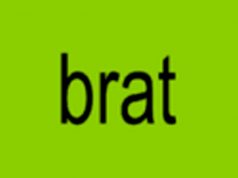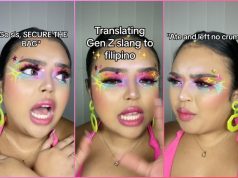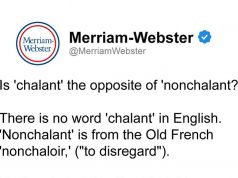
Merriam-Webster announced that pop culture words, phrases, jargons and gender-neutral terms were among the 530 words it added to its dictionary on September 17.
This was the latest and one of the largest changes the online dictionary made in 2019 to make more official new words in the English language.
On a Twitter thread, Merriam-Webster said the vernaculars “free solo,” “deep state,” “they” and “dad joke” are now among the rest of its list of phrases with definite definitions.
Its handler also added witty memes as visuals to describe them.
Hi.
We have something to tell you.
🎉📚We just added more than 530 new words to the dictionary!🎉📚https://t.co/XPpabY26UV
— Merriam-Webster (@MerriamWebster) September 17, 2019
The company posted an article featuring several of the words and terms it added to its dictionary.
“In our latest batch of updates, which includes 533 new words and new meanings added to the dictionary (not to mention more than 4 000 other revisions to definitions, etymologies, pronunciations, and dates of first known use), we see a cross-section of newly-established vocabulary ranging from the serious to the playful, from the technical to the informal—with a bit of everything in between,” the article said.
Informal words or portmanteaus included for this batch are vacay (vacation), sesh (session), inspo (inspiration), fabulosity (fabulous quality or state) and fatberg (a portmanteau of fat and iceberg) and solopreneur (a solo entrepreneur).
It added new terms from the following fields:
- Pop culture (Bechdel test, stinger and coulrophobia)
- Psychology (aphantasia and autogenic training)
- Business and finance (pain point and haircut)
- Linguistics (rhotic, non-rhotic and rhoticity)
- Games and sports (pickleball, escape room and free solo)
- Politics and law (deep state and red flag law)
Moreover, it also revised its former definitions for the following words related to race and identity.
- They – revised to refer to an individual whose gender identity is nonbinary.
- Inclusive – updated with the description: “allowing and accommodating people who have historically been excluded (as because of their race, gender, sexuality, or ability).”
- Colorism – “prejudice or discrimination especially within a racial or ethnic group favoring people with lighter skin over those with darker skin.”
Merriam-Webster had been publishing language-related references since 1828. It is considered the lexicographical successor of the First Dictionary by Noah Webster.
Its name came from the surnames of founders George and Charles Merriam and Webster.









